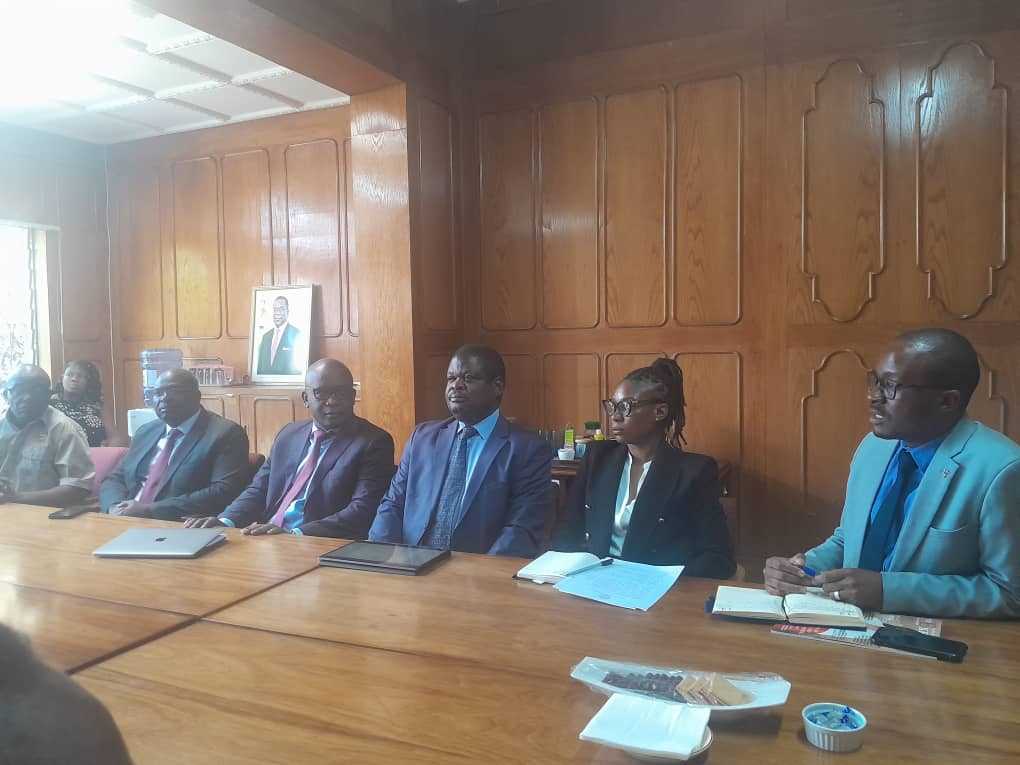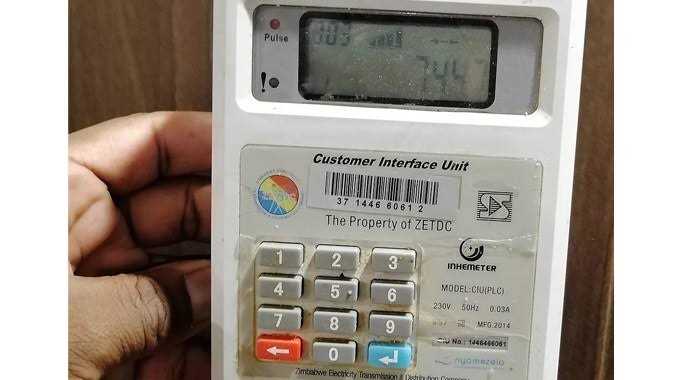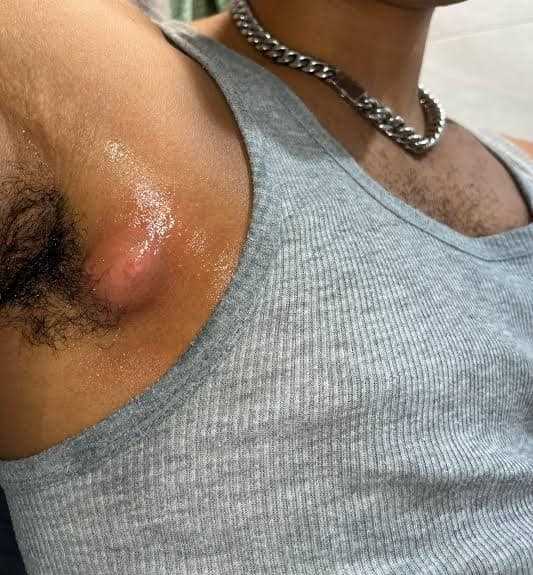
Patience Muchemwa
Senior Reporter
In the face of mounting public concern over the potential presence of cancer-causing contaminants, particularly glyphosate, in imported maize meal, the Grain Millers Association of Zimbabwe has stepped forward to allay fears.
Addressing the nation Monday, GMAZ Chairperson Tafadzwa Musarara vehemently denied allegations that maize meal imported and processed by GMAZ members contained harmful levels of glyphosate. Musarara assured the public that there is no cause for alarm and vowed to hold those spreading false information accountable.
Related Stories
The reassurance comes in response to claims made by Matinyarare, suggesting that imported maize meal was contaminated with glyphosate. Musarara, however, categorically refuted these claims, stating that rigorous internal laboratory testing has not detected any harmful glyphosate content or other contaminants in the imported maize.
To further bolster his claims, Musarara emphasized that local millers source maize from the same silos used by South African millers, who also supply neighboring countries such as Botswana, Lesotho, Swaziland, and Namibia. Notably, there have been no reports of harmful glyphosate levels in these regions.
Musarara also defended GMAZ members, including National Foods, Red Seal, and Blue Ribbon, which had been falsely accused of containing harmful glyphosate. "The Association will stand and fall with them, defending their legal commercial activities," he declared. He assured consumers of food security, stating that supply exceeds demand, allowing them to purchase products with confidence regarding safety, health, and nutrition.
In response to the false allegations, GMAZ has instructed its legal team to seek court relief against those disseminating misinformation about its members' brands. Additionally, consumers are encouraged to bring samples for testing, with GMAZ covering the costs.
To provide further reassurance, the Standards Association of Zimbabwe conducted laboratory tests on six mealie meal samples. The results confirmed that all tested samples contained glyphosate levels below 0.5 parts per million the limit of detection for the testing method. This means the detected levels are well below maximum residue limits, ensuring the safety of the analyzed mealie meal samples for consumption.




















Leave Comments